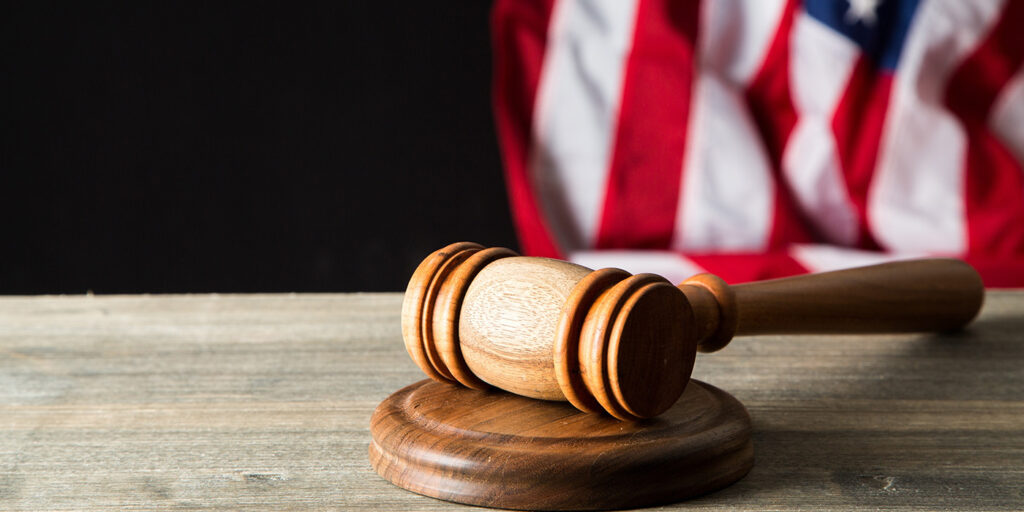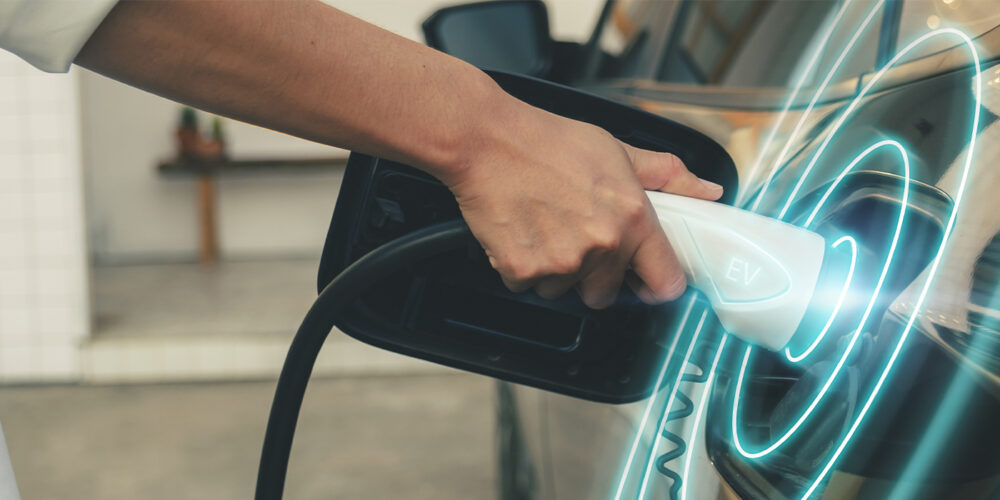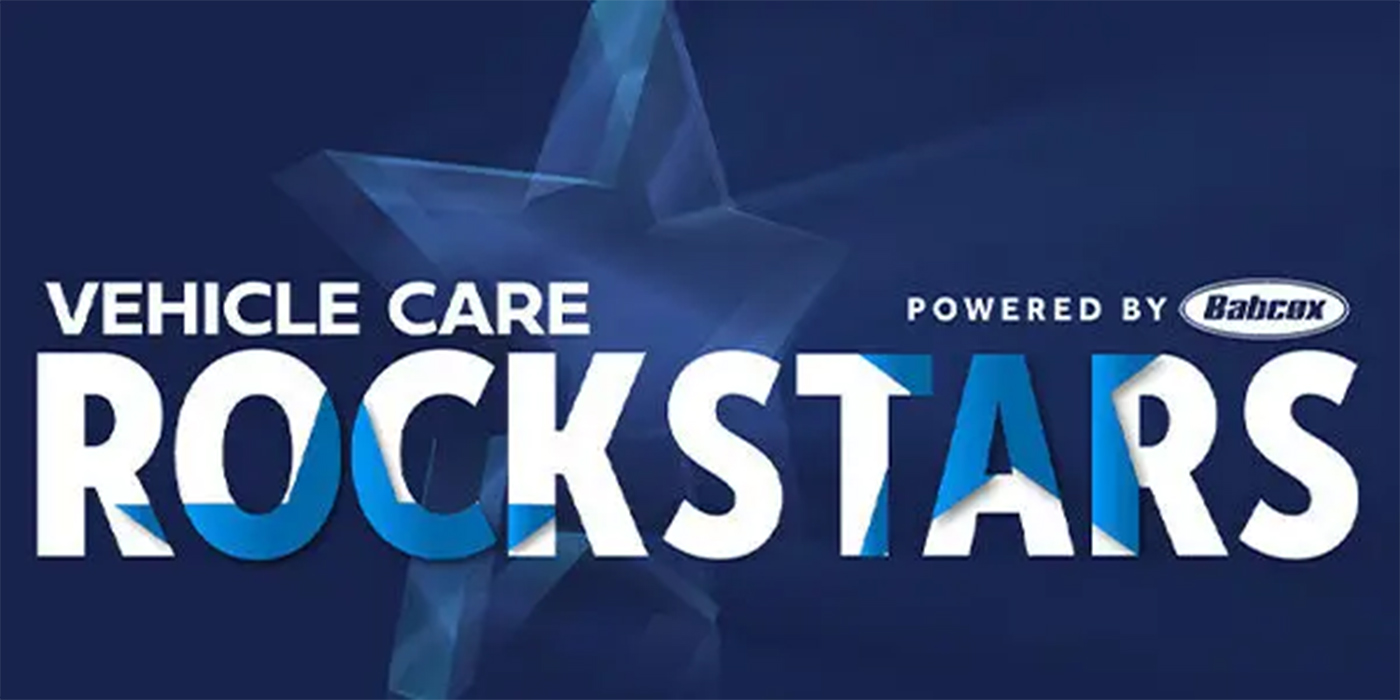Written By Camille Sheehan, Auto Care Association
The Auto Care Association recently reacted in support of the Supreme Court’s ruling yesterday in the Google v. Oracle case surrounding a decade-long copyright dispute over software. “The Auto Care Association is pleased with the April 5 decision by the Supreme Court, which stated that application program interfaces are fair use for building compatible components,” said Aaron Lowe, senior vice president, regulatory and government affairs, Auto Care Association.
The case, Google v. Oracle as originally decided by a Federal Circuit Court, had found in favor of Oracle that Google had violated a software copyright when it copied a small part of the application program interfaces (API) code necessary to enable interoperability with programs for Google’s Android platform. The Auto Care Association, along with Static Control, filed an amicus brief on Jan. 13, 2020, regarding the potential that if the lower court decision had been permitted to stand, it would severely limit the ability of aftermarket companies to produce compatible replacement parts for software-driven vehicles.
In its brief, the Auto Care Association emphasized that auto parts manufacturers and remanufacturers often need to ensure that their software is compatible with what is installed by the original equipment manufacturers: “While this Court consistently has interpreted intellectual property rights so as not to interfere with the public’s right to repair the chattels they own, the Federal Circuit opinion would allow OEMs to leverage copyright to bar independent competition for replacement parts and repair services,” the brief states. The Auto Care Association’s brief urged the Supreme Court not to permit copyright protection “to API-declaring code that specifies the data and functions necessary to interoperability.” about:blank
“It is clear from the decision that the Court understood the implications of permitting companies to copyright APIs in order to prevent lawful development of compatible replacement parts and to perform vehicle repairs,” said Lowe. “We appreciate the Court’s understanding of the impact on competition of software copyright issues.”
View the Auto Care Association’s full amicus brief here.














